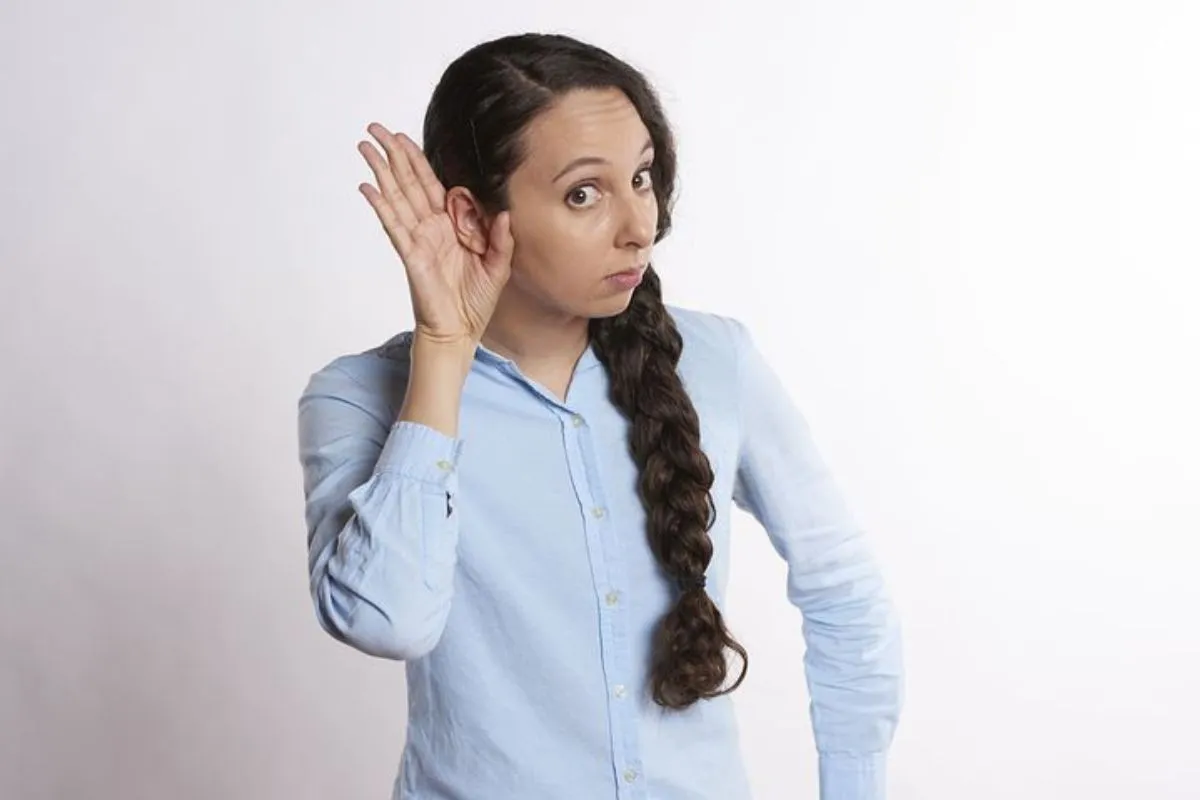Best Ear Care Tips:
Here are some best Ear Care tips for you. Both ‘Ear hygiene’ and ‘safety from noise and injury’ are important. Some medications and illnesses can affect hearing.
The ears are the most visible part of the human hearing system. Taking care of our ears is important in many ways. Cleaning is the first step, while preventing and treating infections is secondary.
Ear care also includes taking steps to avoid unnecessary noise and watching for possible hearing loss.
Ear Care & Hygiene:
✓Clean ears with extreme care. Don’t clean ears with anything smaller than a washcloth on the finger.
✓Never use ear buds, safety pins or sharp pointed objects to clean ears. These objects can injure the ear canal or eardrum.
✓Earwax is the ear’s way of cleaning itself. If there is build-up of earwax that is blocking hearing, then one should visit an ENT specialist to have it removed. Never try to remove yourself or someone who is not qualified.
✓ In case of itching or pain in ears, one should consult an ENT specialist who shall examine and advise suitable treatment.
✓Someone with pierced ears should clean earrings and earlobes regularly with rubbing alcohol.
✓In case of injury to ears, or ear pain, or any changes in ears or hearing, one should consult an ENT specialist.
✓Sometimes ear pain can also originate in the teeth or jaws or the neck. One should consult an ENT specialist in case of some signs of hearing loss described below.
1) Some Warning Signs of Hearing Loss Difficulty hearing conversations, especially in the presence of background noise.
2) Frequently ask others to repeat what they’ve said. Don’t always understand what other people are saying and answering inappropriately.
3) Difficulty hearing on the telephone.
4) Someone generally agrees, nods head or smiles during conversations despite not understanding what has been said.
5) Strains to hear or keep up with conversations.
6) Requiring the television or radio volume to be louder than others in the room prefer.
7) Feeling that people are mumbling or have marbles in their mouth when they talk.
8) Having a hard time hearing environmental sounds, such as birds chirping.
9) Withdrawing from conversations and social situations because it’s too difficult to hear.
10) Trying to read lips so as to follow what people are saying.
